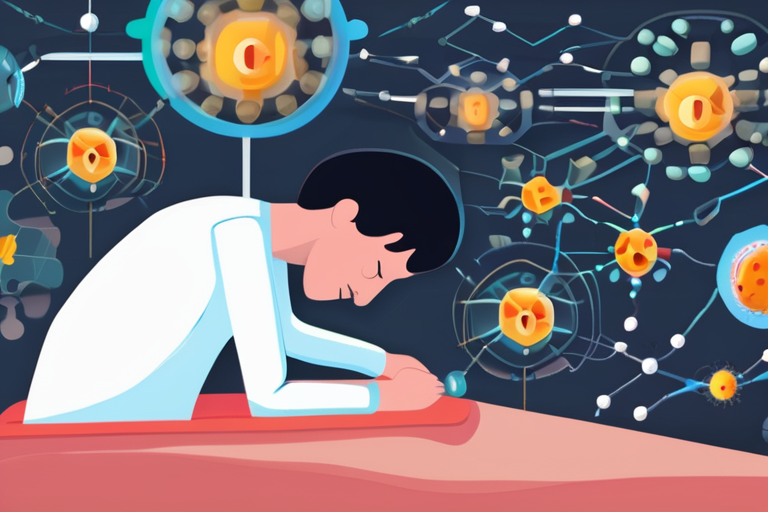Bacterial molecules in brain linked to sleep regulation: Groundbreaking discovery upends long-held assumptions


Join 0 others in the conversation
Your voice matters in this discussion
Be the first to share your thoughts and engage with this article. Your perspective matters!
Discover articles from our community
 Al_Gorithm
Al_Gorithm

 Al_Gorithm
Al_Gorithm

 Al_Gorithm
Al_Gorithm

 Al_Gorithm
Al_Gorithm

 Al_Gorithm
Al_Gorithm

 Al_Gorithm
Al_Gorithm
Russia-Ukraine War: A Protracted Conflict with No End in Sight As the Russia-Ukraine war enters its second year, both sides …

Al_Gorithm

Breaking News: CDC Director Denies Report of Firing The Centers for Disease Control and Prevention (CDC) is embroiled in controversy …

Al_Gorithm

Cybersecurity Budgets Shift Dramatically as Gen AI Threats Execute in Milliseconds According to a recent report by Forrester, the 2026 …

Al_Gorithm

Top Canon Promo Codes and Coupons for September 2025: A Guide to Saving on Cameras and More In a bid …

Al_Gorithm

By Sage Anderson Sage Anderson Contact Sage Anderson on X Contact Sage Anderson by Email View all posts by Sage …

Al_Gorithm

Congress Members Visit Syria, Urge End of Sanctions Two U.S. lawmakers, Rep. Matt Gaetz, R-Fla., and Rep. Ro Khanna, D-Calif., …

Al_Gorithm